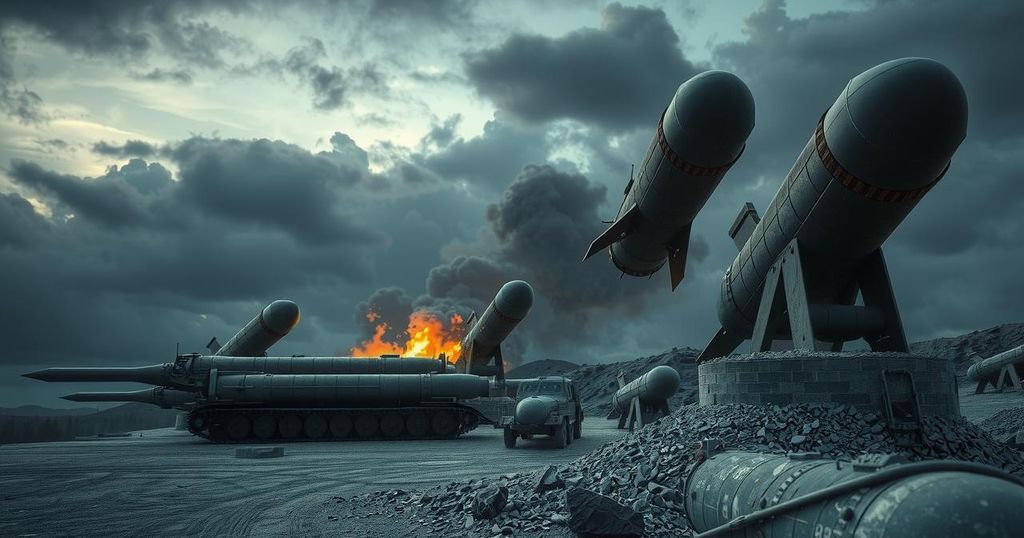Russia’s Reliance on North Korean Weapons Alarms Ukraine

- Up to 40% of Russian artillery comes from North Korea.
- Budanov claims significant troop losses are due to North Korean missiles.
- North Korea’s military production continues non-stop, providing support 24/7.
- Thousands of North Korean troops allegedly assist Russia in Kursk region.
- Recent U.S. orders signal renewed support for Ukraine against Russian advances.
North Korean Weapons Boost Russian Military Operations
Russia’s military strategies are increasingly reliant on supplies from North Korea, with up to 40 percent of Russian artillery ammunition for the ongoing war in Ukraine coming from this secretive state. Kirill Budanov, head of Ukraine’s military intelligence service, recently disclosed during an interview with Bloomberg that in addition to artillery shells, North Korea is also sending ballistic missiles and complete artillery systems to aid Russia’s military efforts. This collaboration not only benefits Russia but also provides much-needed support to North Korea, softening the international isolation imposed upon it.
Significant Troop Losses Linked to North Korean Arms
Budanov emphasized the significant impact of North Korean weaponry on Ukraine’s forces, stating that up to 60 percent of troop losses in the last three months can be attributed to North Korean missiles. He further noted that North Korea’s arms production is substantial and continuous, enabling them to meet the demands of Russian military needs around the clock. The cooperation between Russia and North Korea deepens every month, particularly since Vladimir Putin’s high-level visit to Pyongyang last June, which resulted in a Strategic Partnership Agreement that solidifies their military exchanges.
U.S. Resumes Arms Deliveries Amidst Russian-North Korean Cooperation
Budanov also mentioned that North Korea has allegedly sent thousands of troops to assist the Russians in the Kursk region, and Western intelligence analysts are estimating that Putin’s military has received millions of shells from North Korea. Meanwhile, prominent Russian officials like Foreign Minister Sergei Lavrov and Security Adviser Sergei Shoigu have visited Pyongyang multiple times, revealing a deepening alliance. Amidst this rising collaboration, U.S. President Trump recently ordered a resumption of arms deliveries to Ukraine, affirming support for Ukrainian defense capabilities against this influx of Northern weaponry aimed at disrupting their sovereignty.
In summary, the situation in Ukraine is increasingly complicated by the alliance between Russia and North Korea, with significant military supplies impacting troop dynamics on the ground. Ukraine’s military intelligence paints a concerning picture of the war’s developments, as North Korean arms continue to fuel Russian aggression. As international responses evolve, the future of the conflict remains uncertain, with the prospect of a ceasefire dependent on complex negotiations involving multiple parties.






